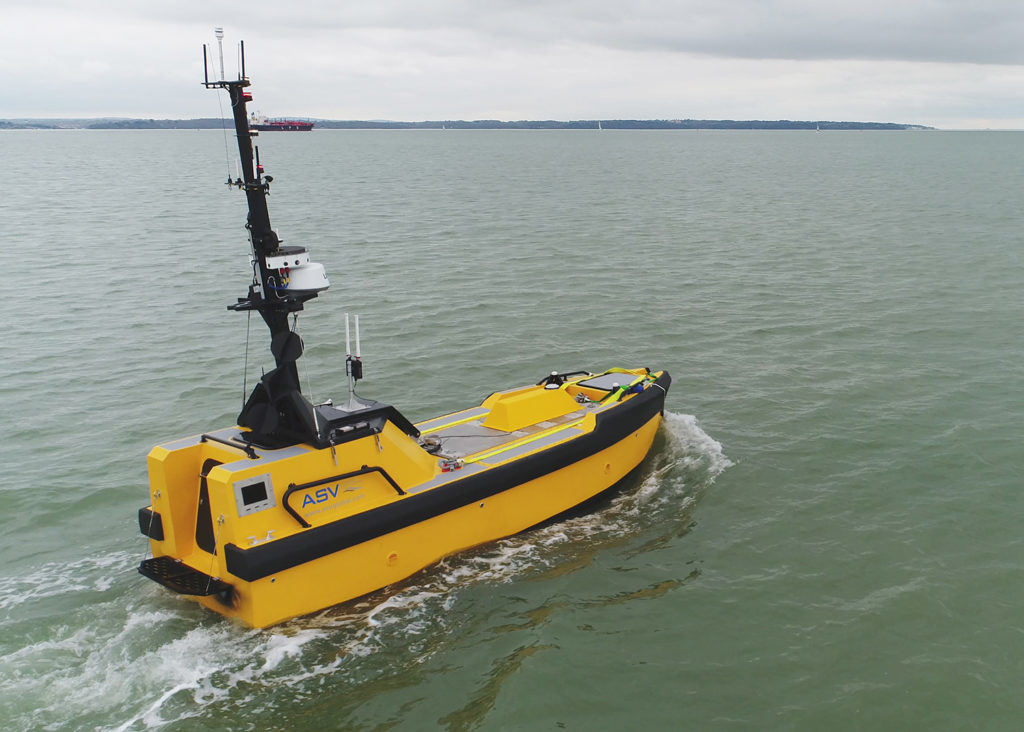
The Offshore Renewable Energy (ORE) Catapult said yesterday that it will work with Orsted to test autonomous surface vessels around wind farms.
The £900,000 project is part funded by Innovate UK and led by ASV Global, in partnership with ORE Catapult, SeaRoc Group, Houlder and Portsmouth University.
ORE Catapult said the ultimate goal of the 18-month windfarm autonomous ship project (Wasp) is to develop a timeline for the phased introduction of autonomous vessels.
The renewables test organisation claims manned vessels “can account for as much as 60% of an offshore wind farm’s operating costs”.
They will examine whether removing the human-factor may reduce costs.
Manned operations will be used as the baseline to compare the time, cost and performance of unmanned ships in different roles, including asset surveillance, security patrols, component spares supply and crew transfer operations.
Simon Cheeseman, strategy manager at ORE Catapult, said: “Our industry is always looking for ways to reduce the need to send people offshore in a hazardous environment, at the same time as driving down costs whilst continually improving performance. Wasp will assess the issues involved in integrating unmanned vessels operations and start to build the evidence to validate our initial findings.”
Recommended for you
